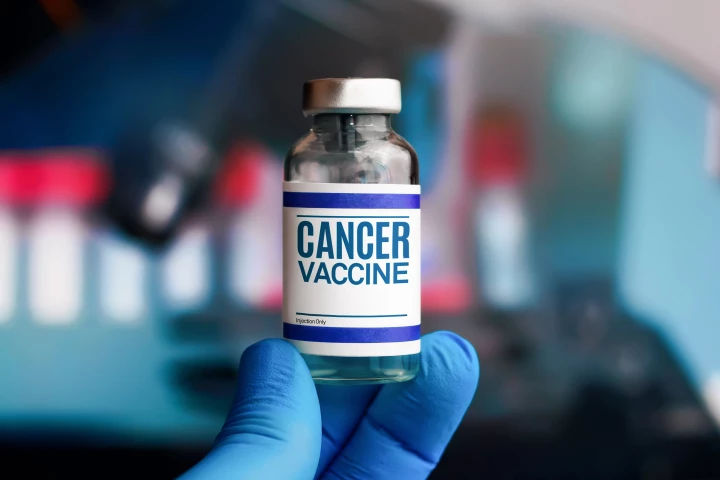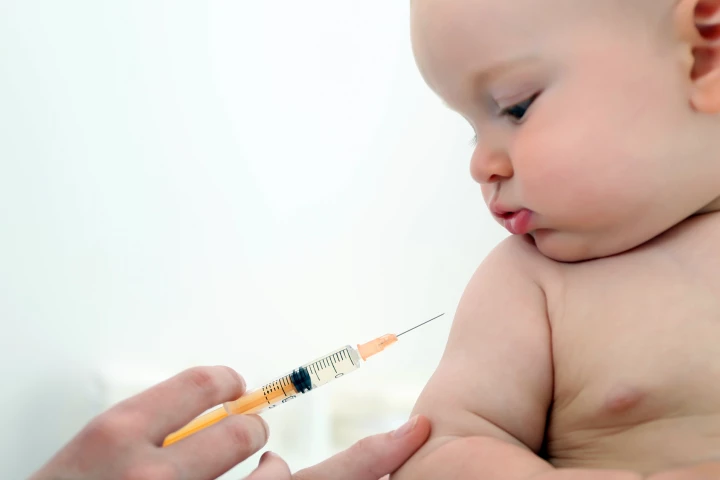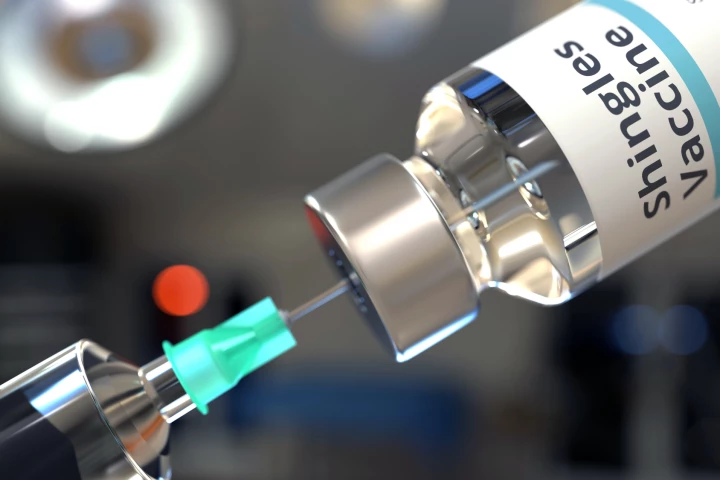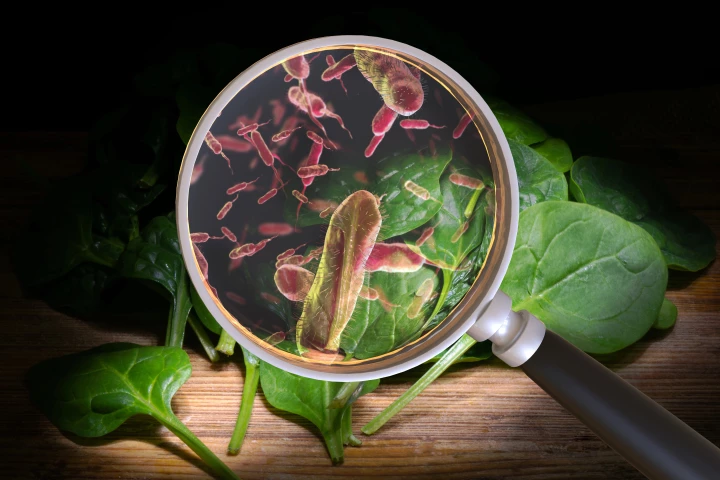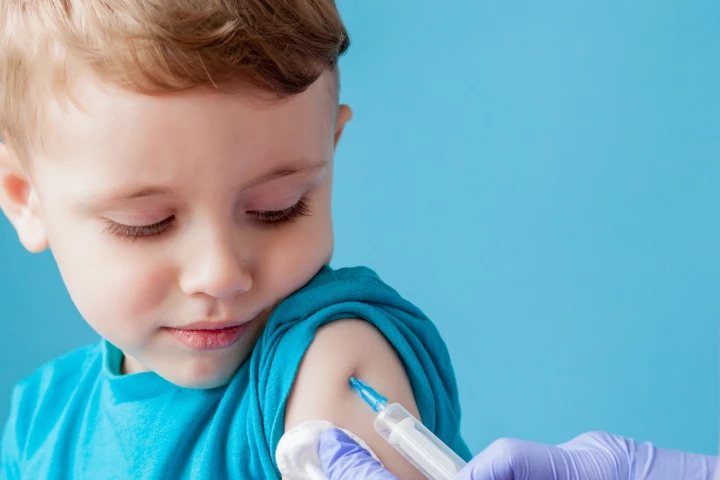Vaccines
-
Following on from a breakthrough human trial that reprogrammed the immune system to overpower an aggressive brain tumor, scientists have now used the same mRNA tech to attack any cancer. It could make chemotherapy, surgery and radiation redundant.
-
A massive study of over 1.2 million children has found no link between aluminum-containing vaccines and 50 chronic childhood conditions, including autism, ADHD, asthma, and diabetes, delivering a reassuring message about vaccine safety.
-
Researchers at MIT have developed a way to 'supercharge' vaccines to the extent that just a single dose can provide strong protection from HIV. This approach could also help formulate protein-based vaccines to protect against influenza and SARS-CoV-2
-
We could be on the verge of a major cancer breakthrough, with a new nanoparticle-based vaccine reportedly obliterating pancreatic cancer cells in preclinical trials. This success now takes it a step closer to a first-of-its-kind human trial.
-
A three-year study has found robust evidence that one vaccine for respiratory syncytial virus offers older adults long-term protection, even if efficacy wanes. Despite this, just one dose cut serious illness by nearly two thirds across three seasons.
-
Taking advantage of a unique public health policy in the UK, a new study has found that receiving the shingles vaccine reduces dementia risk by 20%. The findings bolster growing evidence linking the vaccine to lower numbers of dementia cases.
-
Human protection against bird flu may be easier than previously thought, thanks to new findings about the genetic makeup of the virus and one particular immune cell that all of us have. It also paves the way for fast-tracking the first H5N1 vaccine.
-
We've almost all been hit with a horror stomach bug. At best, it's a 24-hour nightmare, and at worst it's deadly. But huge strides are being taken towards the first Salmonella and norovirus vaccines, which could make severe illness a distant memory.
-
The US has recorded its first death due to avian influenza. The man had been infected by a H5N1 variant with a genetic mutation, helping it target upper respiratory tract receptors – one also seen in the Canadian teen who fell critically ill last year.
-
If you were given a choice of vaccine delivery method, would you rather a needle or a skin cream? Thought so. Well, the latter might be a viable option soon, as Stanford scientists have used a topical cream to strongly vaccinate mice against tetanus.
-
Mosquitoes do a superb job of spreading diseases like malaria – now researchers have shown it's possible to hijack these pests and distribute vaccines via mosquito bite. In human trials, these mozzie-borne vaccines proved around 90% effective.
-
Measles is on the rise, attributable to the anti-vaccination movement and exacerbated by the COVID-19 pandemic. Researchers have identified a new way of tackling one of the most contagious viruses around, offering protection for those at greatest risk.
Load More
